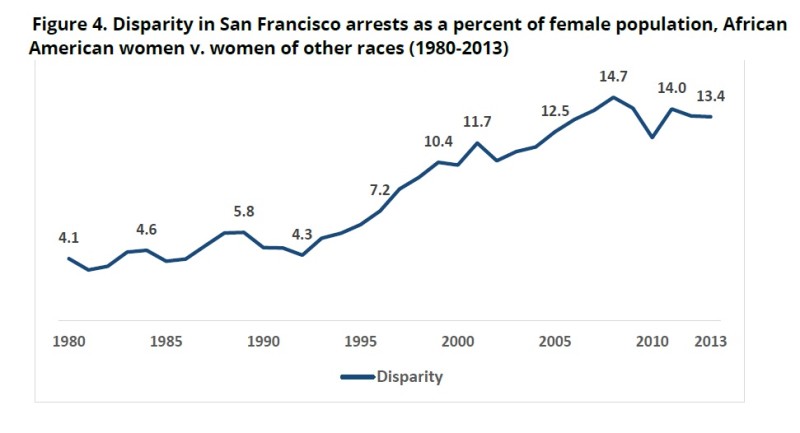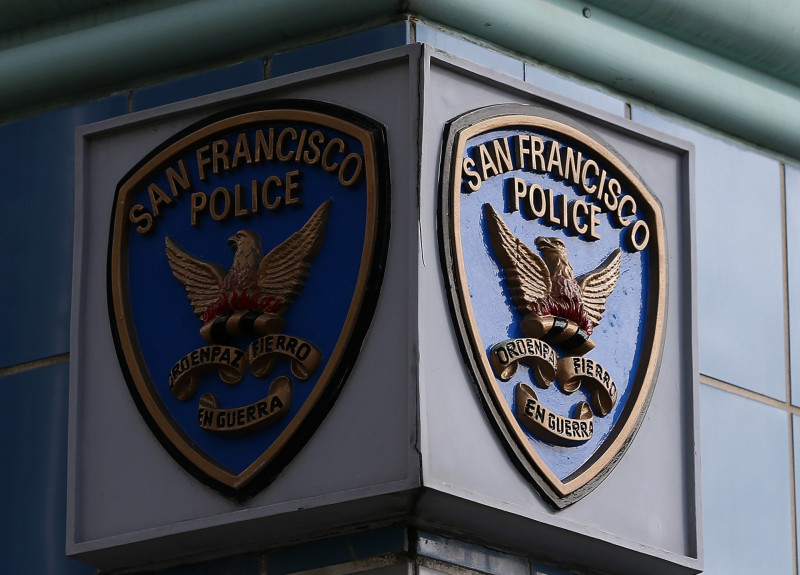In a city with law enforcement agencies wracked by a string of scandals involving bigotry and corruption, heads of San Francisco’s criminal justice system gathered Wednesday for a conference on race and reform hosted by Public Defender Jeff Adachi.
Adachi opened the conference with a list of statistics from recent studies on racial disparities in San Francisco’s criminal justice system. The latest data came from the Center on Juvenile and Criminal Justice, which found black women in San Francisco were 13 times more likely to be arrested than their counterparts of other races. The city’s arrest rate of African-American women is about four times the state average, according to the report (read below).

“We really haven’t heard any explanation for why the city is so out of line for the rest of the state, and as far as we can tell, the rest of the country in terms of its disproportionate African-American arrest rates,” CJCJ senior researcher Mike Males told KQED in an interview. “And another thing is they’ve gotten worse over time.”
The disparity in San Francisco’s arrest rate for black women has more than tripled since 1980, according to the statistics compiled by the center.
Along with the data that describe San Francisco as an outlier in arrests of black people, talk of racist and homophobic text messages traded by a group of current and former SFPD officers hung over the conference.
Sgt. Yulanda Williams, president of Officers for Justice, was one of at least two black officers mentioned in text messages recovered from former Sgt. Ian Furminger’s cellphone. The texts were released after he was sentenced for federal fraud and conspiracy charges.

